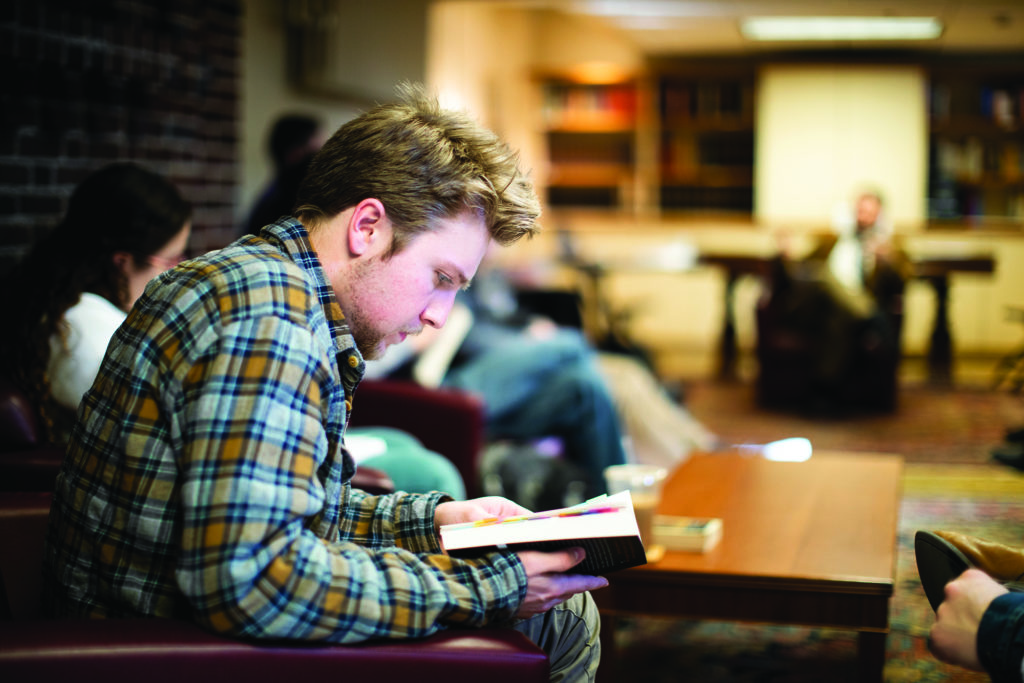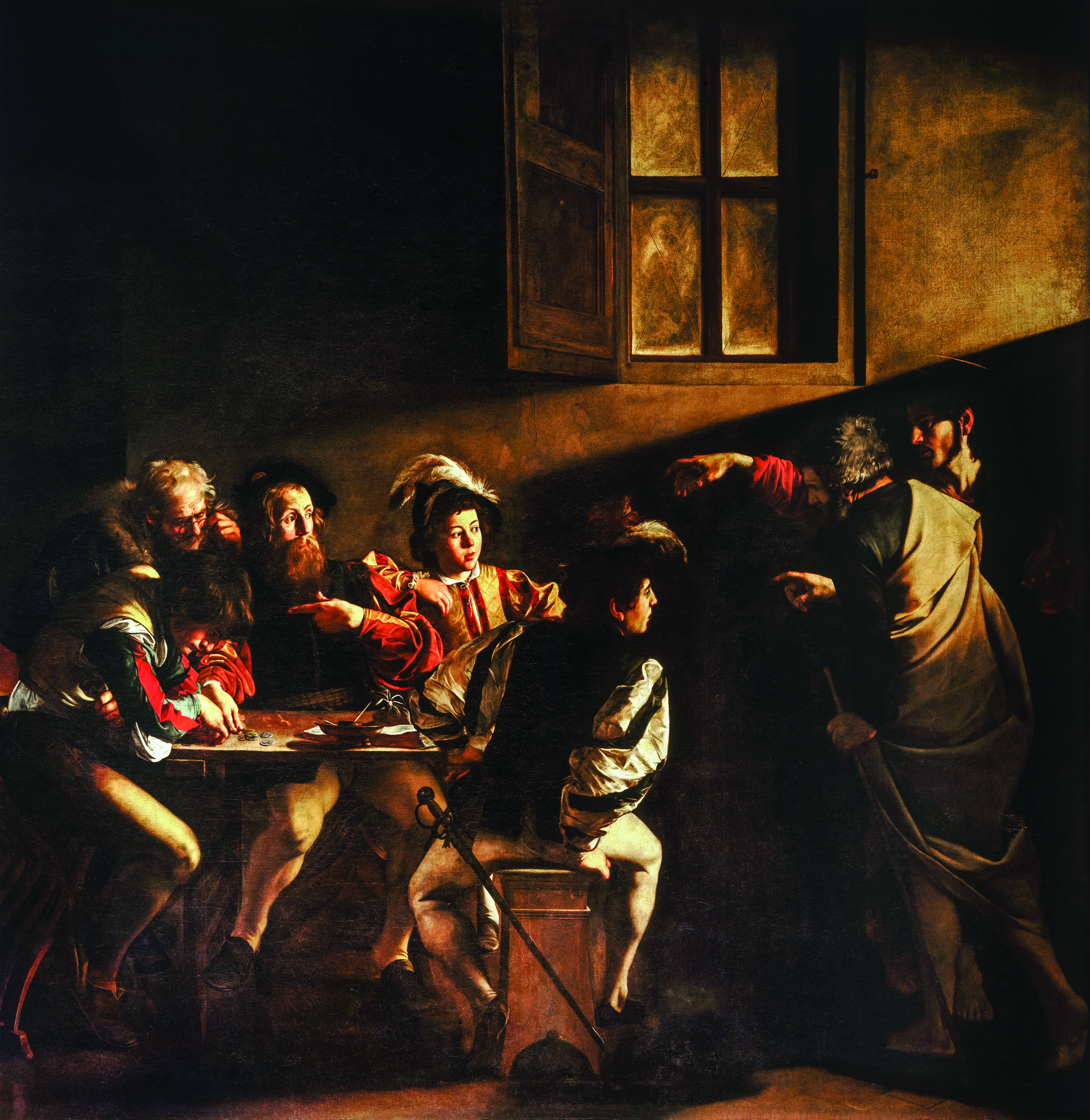As chairman of the Department and director of the Center for Catholic Studies, we spend a lot of time helping high school students and their parents navigate the often difficult process of choosing a university. Our first question is simply this: What do you want at the end of four years? We then propose three goals for students to consider:
- First, you want your faith stronger than when you arrived, and you want it informing every aspect of your life, including your studies.
- Second, you want your moral character stronger than when you arrived. That is about making good friends. Good friends help you; bad friends hurt you.
- Third, you don’t want to spend the rest of your life in your parents’ basement; you want to be prepared to shoulder the full responsibilities of adulthood.
Unfortunately, these three goals are increasingly elusive for students. Research tells us that a majority of young people lose their faith in college. They connect with weak friends who drag them down to screen fixations, excessive alcohol consumption, pornography addiction and other unhealthy habits. The result is that many students graduate, but only some are prepared to take on adult responsibilities and default to the proverbial basement.
For students who seek to mature and develop in college and take control of their education, Catholic Studies is rich in opportunities to grow in one’s faith, to develop good and deep friendships, and to prepare to embrace joyfully the responsibilities of adulthood.
Faith: A Vision of Life
Caravaggio’s painting, “The Calling of St. Matthew” (1600), hangs over the fireplace in the Common Room of Sitzmann Hall, the home of Catholic Studies. This is an intentional choice because it captures the moment of Christ’s call and St. Matthew’s response. It is as if the tax collector is saying, “Who? Me?”
College is a time when students can respond to Christ’s call, prepare for the kind of work they will do, and hear the call to marriage or priesthood or religious life. Like St. Matthew, many students may even be surprised and inspired by the call. It is as if Jesus is saying, “Yes. You.”
In Catholic Studies, we seek to strengthen students’ faith through their studies. One of the claims of our Christian faith is that Jesus is the “Logos.” We translate logos as “word,” but in Greek it also means “reason.” Christ is the Divine Reason. Logos for the ancient Greeks is a power of the mind that enables us to see a created order imprinted upon the universe. This logos, this power, is used to describe many of our disciplines: biology, geology, sociology, psychology, anthropology. These are human disciplines, forms of reason, of logos, that help us to see patterns in how the world works.

At Catholic Studies, our courses engage the Divine, Creative Logos and place it in dialogue with these forms of reason, indeed with all forms of reason: literature, mathematics, philosophy, physics, politics, history, economics, the fine arts, theology and the professions.
Faith and reason together give students a vision of the world that helps them consider all their decisions on the broadest conceptual map. Faith does not constrain forms of reason – science, economics, business, engineering – it enlarges and expands their meaning in one’s life.
Moral Life: Friendships
Students become friends in Catholic Studies. For many, this happens in their freshman year when they live together in the Catholic Studies Telos Living Learning Community and study together in some of the same courses. “Telos” is another Greek word, and it means goal or purpose; it is good for students to be thinking about their purpose from the beginning of their time in college. Students become friends in the classrooms and library of Sitzmann Hall, at our social events and in the informal conversations on the patio. During our study abroad program in Rome, students learn to support one other as they explore and discover new dimensions of their lives and their faith together in the Eternal City; such is the stuff of enduring friendships. One need only to look at the guest list of many Catholic Studies alumni weddings. Students form deep and lasting friendships in this program.
Why does this matter? We are made for friendship. Our friends influence us. Good friends make us better; bad friends make us worse. Friends always make a difference. A student’s time in university is a time to grow in character. Good friends help make that happen.
Professional Development: Shouldering the Responsibilities
Finally, university is a time to grow up, not a time to extend adolescence. It is a time to become adults and prepare to shoulder the professional responsibilities of one’s chosen work and vocation.
Catholic Studies’ students are encouraged to think about these responsibilities in courses such as The Mission of the Engineer or The Vocation of the Entrepreneur or Sex, Gender and Catholicism. St. Thomas has strong professional programs including business, engineering, computer science, pre-health and now nursing. Students in Catholic Studies come to think about their future professional life as united to their moral character and their lives of faith. The well-lived life is a unity. Additional and unique opportunities within Catholic Studies include our Leadership Interns and Latino Scholars programs, which prepare students for faithful leadership and service in a world that very much needs their contribution.
High school students and their parents can navigate the complex reality of modern higher education with clarity if they are able to keep their focus on the most important goals. College is about opportunities. Students need to consider well what they want out of college and then seek out the opportunities that will make it possible. We think Catholic Studies provides just such opportunities for fulfilling ambitious life goals of faith, friendship, and professional and vocational responsibility.
This story is featured in the spring 2022 issue of Lumen.







